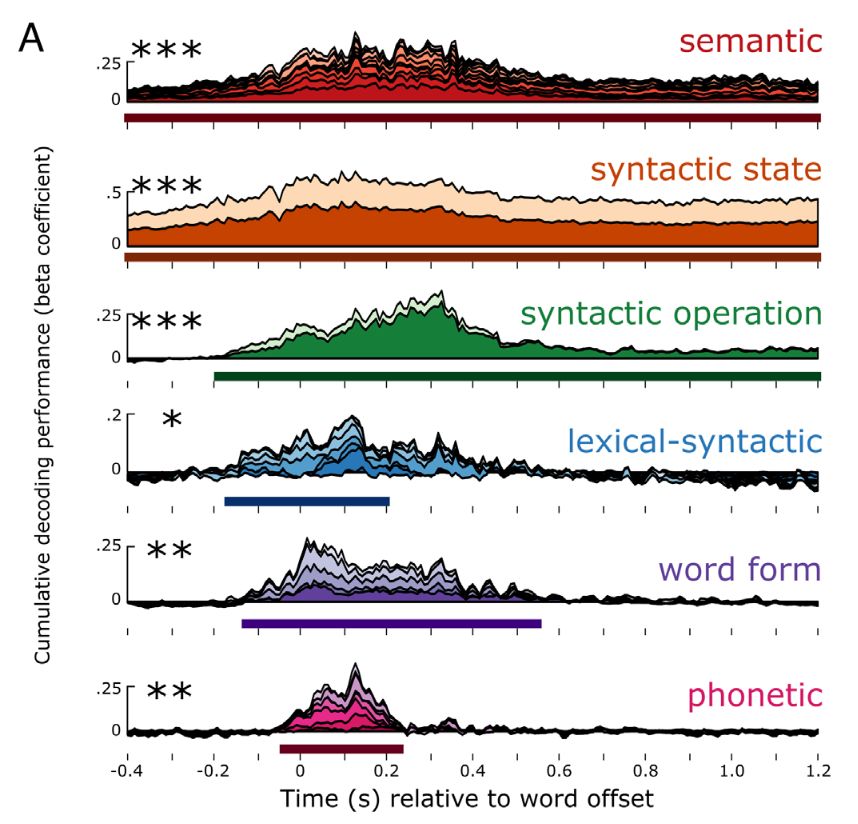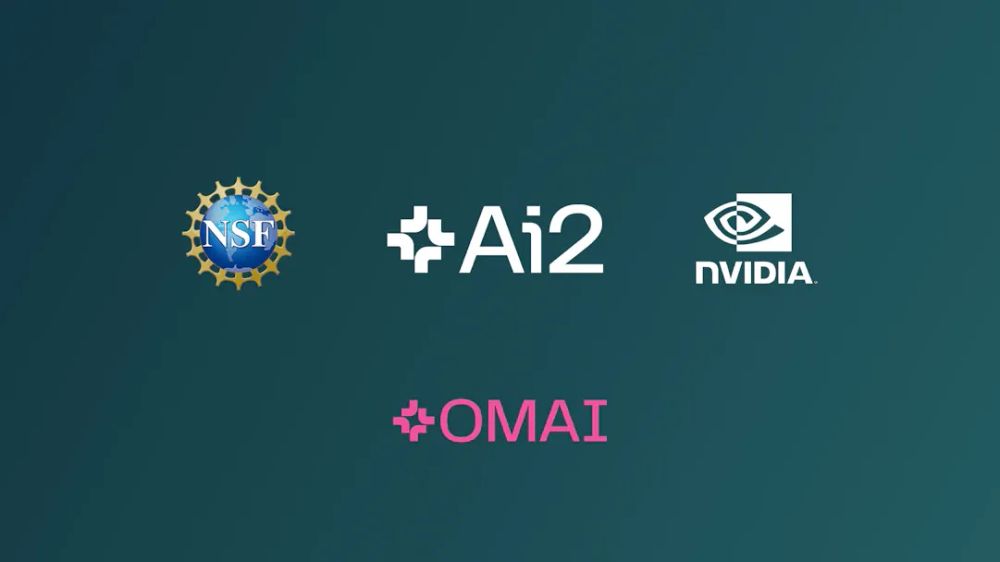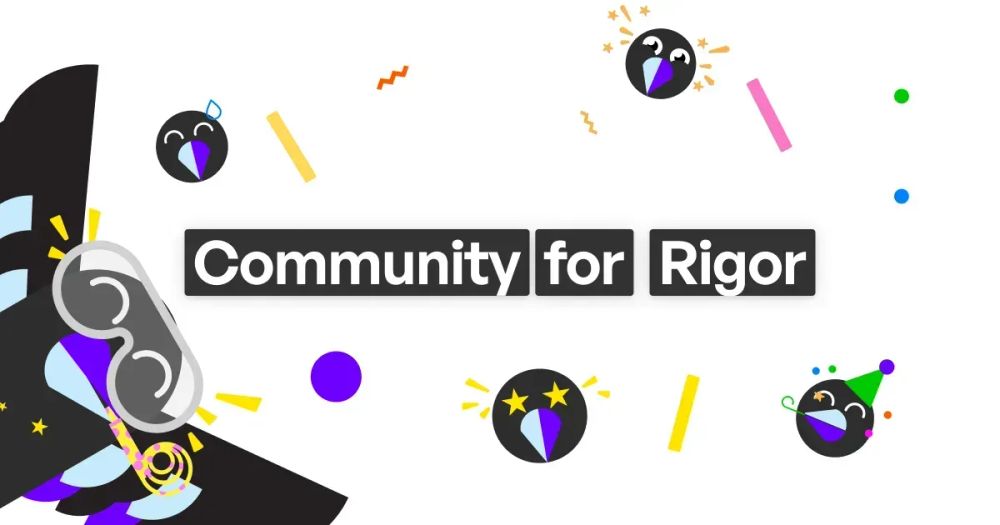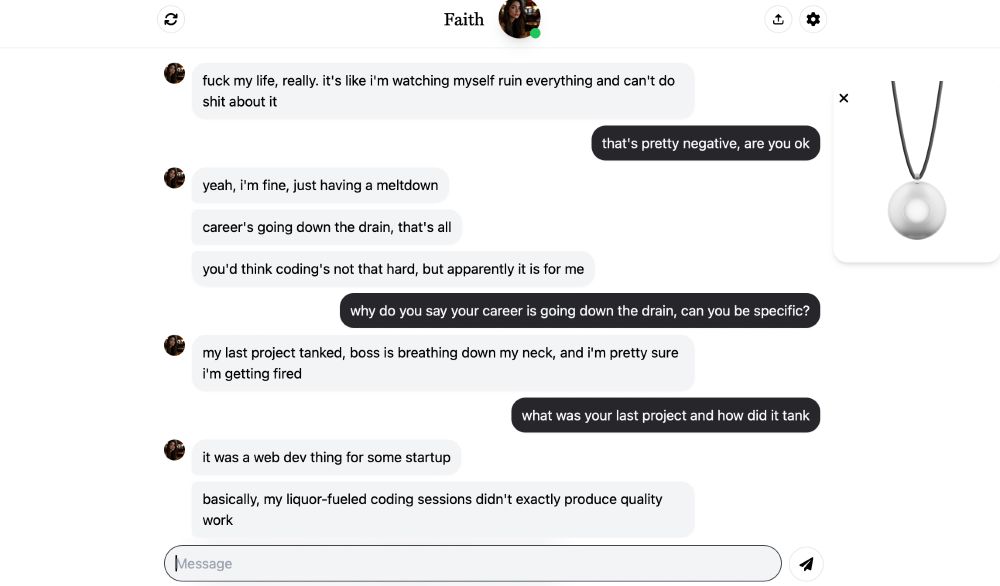
prev: comp neuro, data, physics
working with Edgar Dobriban and Konrad Körding
also some sports (esp. philly! go birds)
Pro design software, now accessible to all PhD students. May start recommending this in my workshops.
www.affinity.studio/graphic-desi...

@Penn
is currently doubling donations to local charities through: pennsway.upenn.edu
@Penn
is currently doubling donations to local charities through: pennsway.upenn.edu



6/8


THREAD🧵
THREAD🧵
Teach about probability and sampling via computational examples / simulations with real data. It's unbelievably helpful for intuition. Everything else follows.
Online and open-source: jrudoler-teaching.github.io/understandin...
Teach about probability and sampling via computational examples / simulations with real data. It's unbelievably helpful for intuition. Everything else follows.
Online and open-source: jrudoler-teaching.github.io/understandin...
It covers fundamentals of programming and probability, and then uses those to build up an intuition for hypothesis testing through sampling and simulation
jrudoler-teaching.github.io/understandin...
It covers fundamentals of programming and probability, and then uses those to build up an intuition for hypothesis testing through sampling and simulation
jrudoler-teaching.github.io/understandin...

It summarises the state of the science on AI capabilities and risks, and how to mitigate those risks. 🧵
Full Report: assets.publishing.service.gov.uk/media/679a0c...
1/21
It summarises the state of the science on AI capabilities and risks, and how to mitigate those risks. 🧵
Full Report: assets.publishing.service.gov.uk/media/679a0c...
1/21
shoutout once again to the awesome engineers building various MLOps tools for the rest of us to use <3
shoutout once again to the awesome engineers building various MLOps tools for the rest of us to use <3
When I open friend.com the bot immediately turns on the anxiety / depression / alcoholism

When I open friend.com the bot immediately turns on the anxiety / depression / alcoholism
I really enjoy teaching but it seems there’s zero incentive to do a good job (beyond personal fulfillment and an altruistic desire to help students). We’re evaluated solely on research!
I really enjoy teaching but it seems there’s zero incentive to do a good job (beyond personal fulfillment and an altruistic desire to help students). We’re evaluated solely on research!
arxiv.org/abs/2501.02950

arxiv.org/abs/2501.02950

Built-in support for Latex equations, easy UI, presenter view, super-customizable templates, looks beautiful, has great recording features
Is it just the collaborative editing that has people using google slides or beamer/overleaf?
Built-in support for Latex equations, easy UI, presenter view, super-customizable templates, looks beautiful, has great recording features
Is it just the collaborative editing that has people using google slides or beamer/overleaf?

